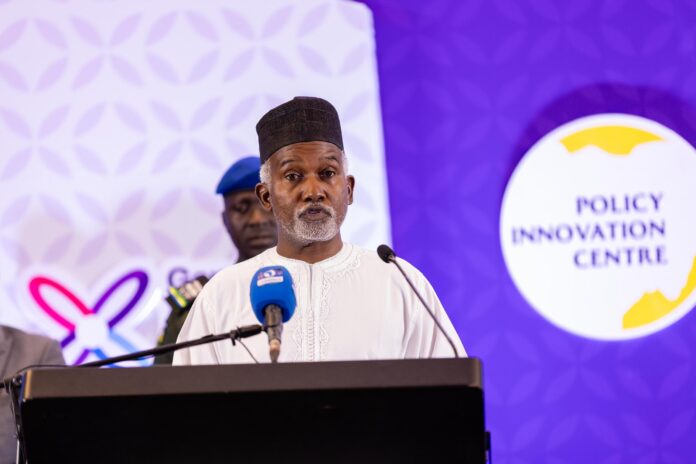Nigeria’s Minister of Foreign Affairs, Yusuf Maitama Tuggar, has urged African leaders to shift focus from aid to investment, stressing that economic diplomacy must prioritise women, youth, and marginalized groups to achieve lasting growth.
Speaking at the Policy Innovation Centre’s high-level plenary of the 2025 Gender Summit on Thursday, Tuggar said Africa is on the brink of transformation, with vast resources and human capital that could drive global growth. But, he warned, persistent gender and inclusion gaps threaten the continent’s progress.
He pointed to sobering statistics: intra-African trade still accounts for only 18 per cent compared to 59 per cent in Asia and 69 per cent in Europe. Women make up 70 per cent of the informal economy yet remain excluded from formal trade. In Nigeria, female representation in the National Assembly is just 4.2 per cent. Education disparities also remain, with millions of girls still out of school.
“These statistics highlight the gender disparities that undermine productivity. Growth without inclusivity is fragile – and prosperity without equity is unsustainable,” Tuggar said.
He linked Nigeria’s recalibrated foreign policy, anchored in President Bola Ahmed Tinubu’s 4-D Diplomacy agenda —Development, Demography, Diaspora, and Democracy— to this vision. He said each pillar of the agenda now embeds inclusion of women and youth.
Tuggar cited Nigeria’s new initiatives, including the Regional Partnership for Democracy, the hosting of the West Africa Economic Summit in Abuja earlier this year, and regional trade frameworks such as the African Continental Free Trade Area (AfCFTA) and the Pan-African Payment and Settlement System (PAPSS). However, he cautioned that without deliberate access to finance and markets for women, such systems could deepen inequality.
He highlighted domestic policies like the National Gender Policy (2021–2026), the Women’s Economic Empowerment Policy and Action Plan (2023–2028), and quotas introduced by the Central Bank of Nigeria to increase women’s participation in the financial sector. He also noted youth-focused efforts such as the Technical Aid Corps, the Nigeria Youth Investment Fund, the Student Loan Act, and the Three Million Technical Talent programme.
Tuggar closed by calling for urgent action, including increased women’s participation in politics, support for a Gender and Inclusion Framework for Economic Diplomacy, and stronger commitments from governments and businesses.
“Equity is not optional. Inclusion is not charity. They are the foundations of a prosperous, stable, and sustainable Africa,” he said.

